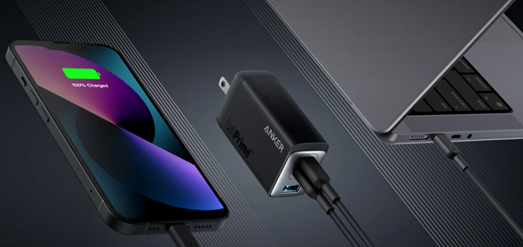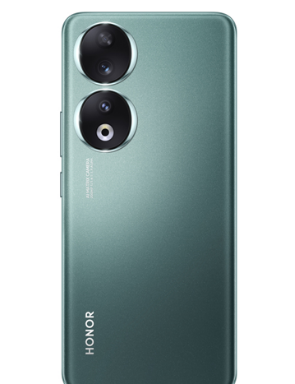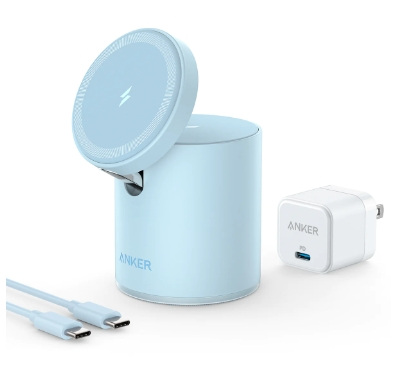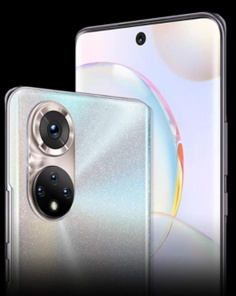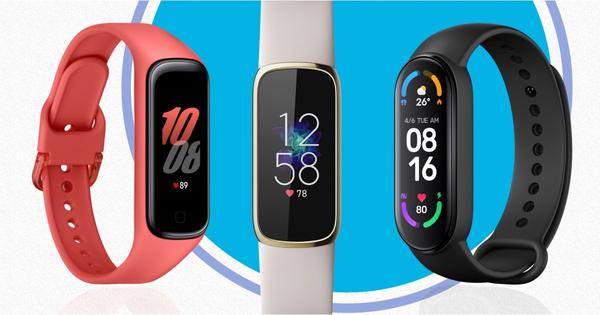
By cuterose
What's the most accurate fitness tracker?
How to find an accurate fitness tracker
When it comes to identifying and tracking your fitness progress toward tangible goals, fitness trackers are a great tool. These wearable devices track variables like heart rate, calories burned, length of activity, pace and step count, and they’ve gained a great deal of popularity in recent years.
But just how accurate are fitness trackers? Are some devices better than others when it comes to data? Keep reading to learn how fitness trackers measure data and which models are the most accurate.
AdvertisementWhat are fitness trackers?
If fitness trackers seem ultramodern, that's because they are. These devices are literally a computer that you can wear. Fitness trackers are designed to monitor a variety of metrics:
Technological advancements made in the late 20th and early 21st centuries led to the creation of devices that automate the ability to monitor and record fitness activities. Early iterations of these devices included heart rate monitors used by athletes, bicycle computers and pedometers.
AdvertisementWearable devices arrived on the consumer-grade electronics scene in the first part of the 2000s, with Fitbit leading the way. Many of these devices integrated with commercial-grade gym equipment.
Fitness trackers are essentially advanced versions of pedometers. They're able to rate sleep quality, monitor heart rate and calculate expenditure of calories and mileage with the assistance of altimeters and accelerometers. Altimeters measure the altitude of an object above a fixed level, while accelerometers measure the acceleration of a body in its own instantaneous rest frame.
The first fitness trackers were affixed to the wearer's waist. Now, they're available in armbands, wristbands and small clippable devices. Some are even designed to be worn as earbuds. Many of the fitness trackers on the market today are sold in the form of smartwatches.
The fitness tracker accuracy debate
As fitness trackers have become more popular, the debate over their accuracy has grown. Several studies have returned interesting results.
A group of 18 senior citizens participated in a study in which they each wore multiple fitness trackers while walking on a treadmill. Despite wearing the trackers on their chests, waists, ankles and wrists, the devices generated an inaccurate step count.
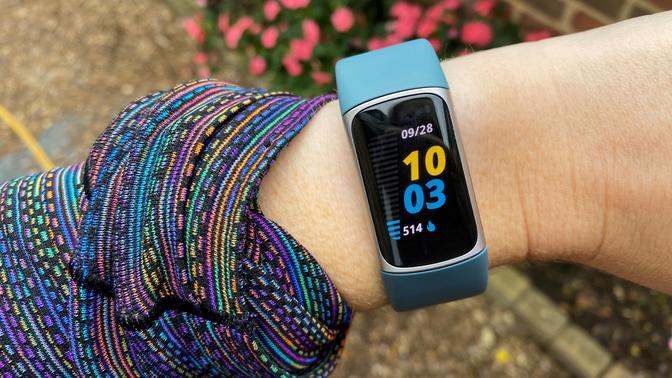
How did this happen? The culprit was the slow pace at which the seniors moved — they were moving too slowly to trigger the built-in sensors. Fitness trackers approximate step count using accelerometers. This technology detects motion with electromagnetic sensors and leverages an algorithm that trains the trackers how to recognize a step.
It’s true that fitness trackers may not return an entirely accurate step count for users who move slowly. However, the number will still be in the ballpark, and during workouts, most people move with the purposeful gait required to return an accurate reading. If you want to improve the step count accuracy specifically for workouts, wearing the device solely when you’re exercising is a good tactic.
A study conducted by Stanford Medicine concluded that six out of seven fitness trackers measured heart rate accurately. In fact, they did so within 5%. However, not a single one of the devices in the study calculated calories accurately.
Calorie expenditure may have been off, but heart rate is a critical factor in achieving fitness results. Therefore, while the fitness trackers may have gotten the number of calories burned wrong, the highly accurate heart rate data is a great sign. Plus, much like step count, calorie expenditure data doesn’t have to be precise to measure progress.
Fitness trackers are still an excellent tool for keeping track of your workout results. No form of technology is perfect, but these wearable devices come close. They’re your best bet for tracking the progress you make toward your fitness goals.
However, it’s wise to regard the results as approximate rather than exact numbers set in stone. This is particularly important for the step counter feature. Remember that the device will consider certain movements you make steps when you may be moving in a different way. This is especially true of fitness trackers worn on your wrist.
How to choose an accurate fitness tracker
Runners and cyclists should always select a fitness tracker that has a GPS unit, such as the YAMAY Smart Watch. GPS is necessary to accurately measure the distance they travel during their sessions. It's relatively easy to find reasonably priced trackers that include a built-in GPS.
Typically more accurate than optical sensors, bioimpedance sensors use tiny electrodes to measure your pulse. These electrodes rest against your skin.
When it comes to accuracy, the fitness tracker itself isn't the only consideration. You must pair most of these devices, such as the Fitbit Inspire 2, with a compatible app in order to fully access their data. Fitness trackers collect data via WiFi and upload it to the app.
What you can do to improve accuracy
Regardless of how advanced a fitness tracker’s technology is, accurate results depend largely on the personal information you provide it. It’s imperative that you fill out your profile with information like your gender, age, height and weight.
The fitness tracker needs this information to measure against the data it collects. From there, the technology can draw conclusions. The more complete your profile is, the better the chances of data accuracy.
The most accurate fitness tracker
With many variables to consider and fitness goals that vary from person to person, declaring one fitness tracker to be superior is tricky. That said, doing so becomes possible when accuracy is the standard used, and certain capabilities make some of these devices more accurate than their counterparts.
With this fact in mind, one fitness tracker stands out above the rest.
Apple Watch Series 6: available at AmazonThis smartwatch has a robust lineup of features that include precise fitness data for activities like swimming (it has a water resistance rating of 50 meters), running, cycling, dancing and yoga. It even measures blood oxygen levels in tandem with the Blood Oxygen app. You can get highly accurate heart rate metrics from the ECG app. In fact, the Apple Watch Series is compatible with a virtually unrivaled selection of apps. The built-in altimeter provides real-time elevation tracking.
Megan Oster is a writer for BestReviews. BestReviews is a product review company with a singular mission: to help simplify your purchasing decisions and save you time and money.
BestReviews spends thousands of hours researching, analyzing and testing products to recommend the best picks for most consumers. BestReviews and its newspaper partners may earn a commission if you purchase a product through one of our links.
AdvertisementDistributed by Tribune Content Agency, LLC.
Advertisement



